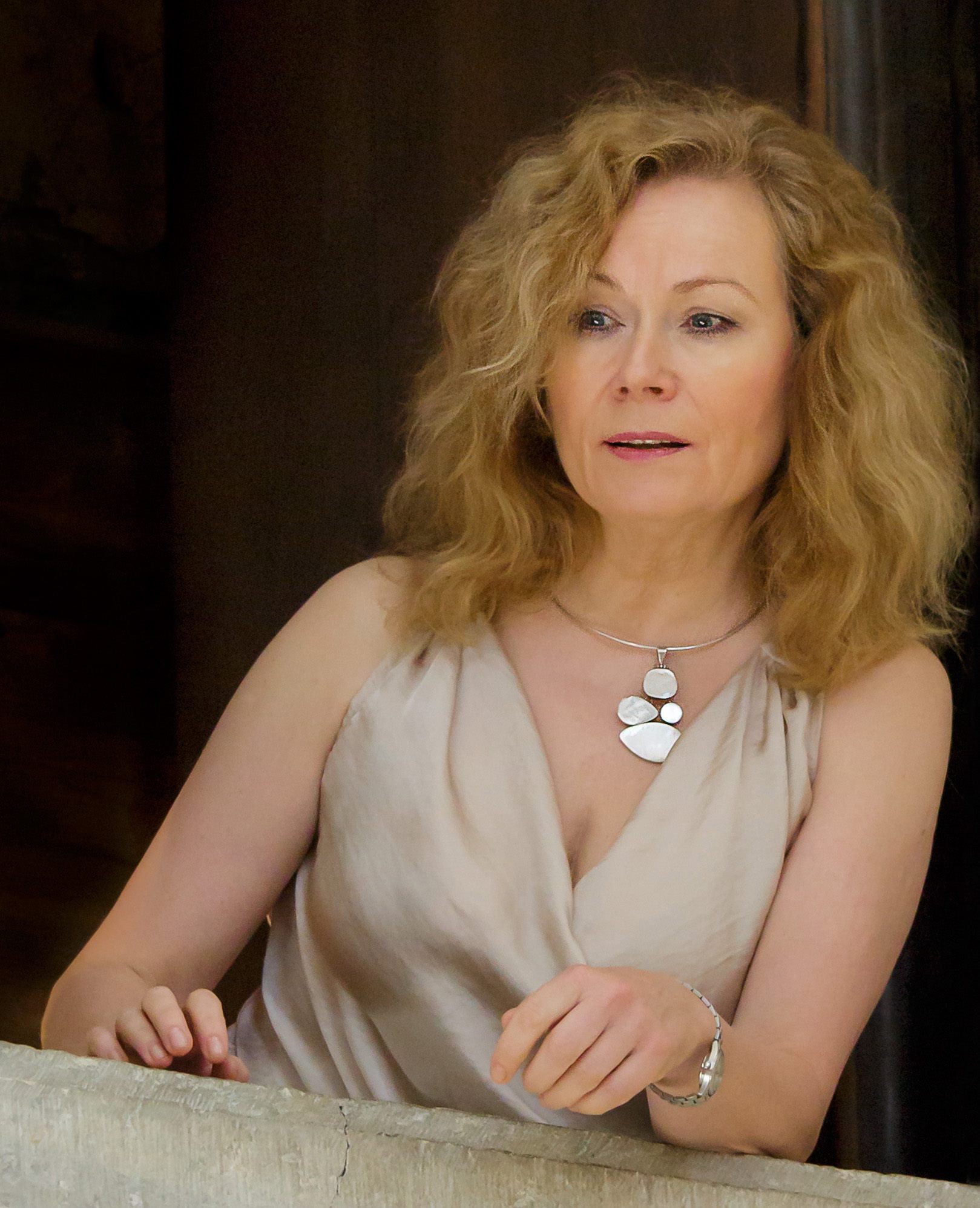In a Dream I Saw the World by Doris Kareva
Last year, a collection of Doris Kareva’s poems, translated by Professor Daniele Monticelli, was published by the prestigious Bompiani publishing house:
‘The most recognisable feature of Doris Kareva’s poetry is its absolute adherence to form and a minimalistic choice of words, as if her method consisted in using as few as possible while still achieving a luminous multiplicity of meaning. In this sense, it recalls an oracular language, where the vocabulary is stripped to the bone yet the interpretive possibilities are manifold. Her poetry thus expresses itself not only on a stylistic level, but is also capable of creating metaphysical and philosophical ambiguities, while at the same time opening up glimpses of harmony and clarity. As though composed in another time and another dimension, Doris Kareva’s verses, in their dense brevity, offer an intense aesthetic experience, triggering in the reader a powerful and rarefied emotion – like the light of the North.’[1]
A review of the collection appeared in the respected Italian newspaper Il Foglio, written by Alessandro Mantovani (26 June 2024):
‘“We have limited tools, but infinite possibilities.” With these words, Estonian poet Doris Kareva – renowned across Europe – opens her preface to the anthology that brings her to Italian readers for the first time, published by Bompiani and curated by Daniele Monticelli. In his introductory note, Monticelli explains the principles behind the composition of the volume.
He writes that, in order to present Kareva’s poetic world as fully as possible – spread as it is across many collections and a long literary career – the anthology was assembled according to thematic rather than chronological criteria. In doing so, it invites us to explore the poet’s work through its content and internal resonances.
As the reader moves through the six sections, they are able to experience the range and complexity of themes as profound as they are characteristic of the Western poetic tradition, themes which often intersect and transcend the anthology’s formal divisions. At the heart of Kareva’s poetics lies a relationship – reflected eloquently in the title chosen by Monticelli – that is multifaceted and polarised: between dream and waking, death and life, the concrete and the abstract. Yet, in the face of these oppositions, the poetic subject finds themselves disoriented and powerless. Not only does “sleep confuse,” but also, as Kareva writes, “Life and dream – leaves / of a single tree / […] two sisters” of whom “death is the youngest,” systematically destabilising the coordinates of reality.
The pivot around which this disorder revolves is the sense of sight – ambiguous in itself, oscillating between vertical metaphysical insight and stark, even obscene materiality. Even in moments of illumination, it conceals the impotence already mentioned, along with the looming presence of silence: “everyone saw, understood / and said nothing.” Thus, the poet’s gaze takes on more the aspect of a witness than that of a prophet or seer.
It is precisely from this stance that one of the most compelling aspects of the anthology emerges, located in the first section: the relationship between poetry and politics. Kareva’s fraught relationship with the Soviet Union is palpable in verses that denounce censorship and oppression: “The wheel of power […] / spins madly in the dark night,” and again: “Be careful. Be careful. / If you speak, you die.”
In this way, Bompiani’s anthology succeeds in conveying the many nuances of Kareva’s poetry, guiding us through a language that seethes, plays, and contradicts itself – a language that shapes both the world and our dreams.’[2]

Daniele Monticelli is a professor of semiotics and translation studies in Tallinn University and a leading translator of Estonian literature into Italian. In addition to his acclaimed translation of Doris Kareva’s poetry, he has also brought to Italian readers Lennart Meri’s cultural-historical classic Hõbevalge (Silverwhite) and works by a range of other Estonian authors.
[1] https://www.bompiani.it/catalogo/in-sogno-ho-visto-il-mondo-9788830104297 (transl. K.H. & D.M.)
[2] https://www.ilfoglio.it/una-fogliata-di-libri/2024/06/26/news/in-sogno-ho-visto-il-mondo-6685429/ (transl. K.H. & D.M.)
Kristjan Haljak

